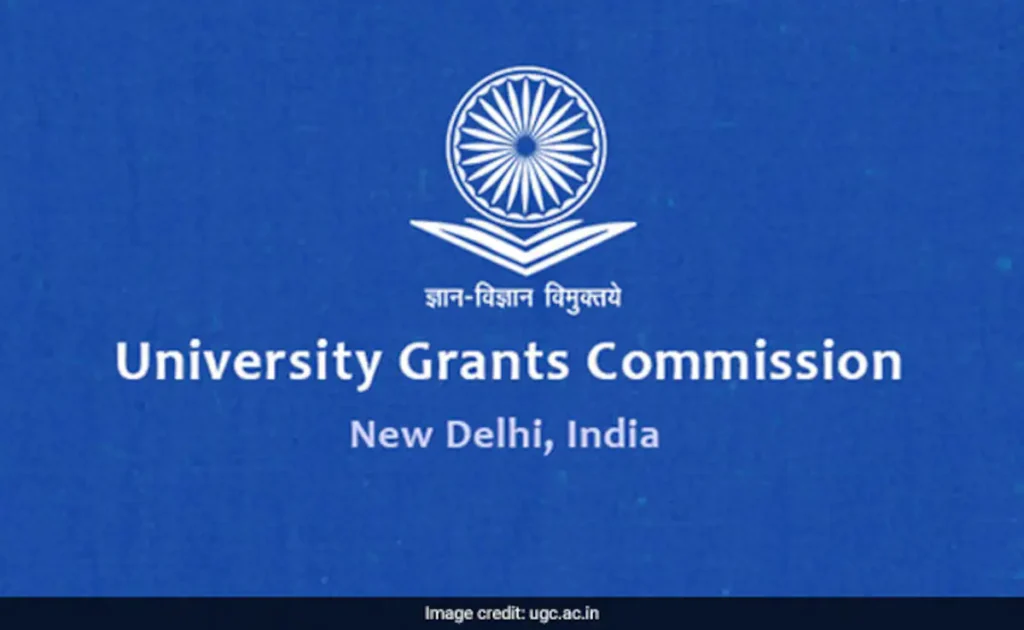
- Enhanced Role of Chancellors:
- The draft bill proposes to give Chancellors—mostly Governors in states—greater authority in the selection and appointment of Vice-Chancellors (V-Cs) in state universities.
- Uniform Standards for Higher Education:
- The bill introduces measures to standardize appointments, promotions, and qualifications for teachers and academic staff across universities and colleges.
- Promotion of Centralized Decision-Making:
- By concentrating powers in the office of Chancellors, the bill shifts some authority away from state governments, which traditionally play a larger role in managing state universities.
Concerns Raised by State Governments and Opposition Parties
- Erosion of Federalism:
- The opposition claims that giving Governors more powers undermines the constitutional principle of federalism. They argue that education is a subject on the Concurrent List, requiring states to have an equal say.
- Leaders like Kerala CM Pinarayi Vijayan and Tamil Nadu CM M.K. Stalin have criticized the draft as centralizing powers, reducing the autonomy of states.
- Impact on State Autonomy:
- State governments, including Bihar (JDU), Andhra Pradesh, Kerala, and Tamil Nadu, believe that the draft bill curtails their ability to govern higher education institutions within their jurisdictions.
- Political Ramifications:
- The opposition fears that the UGC draft bill could lead to political interference in educational institutions by empowering Governors (who are often appointed by the Central Government) to make key decisions.
- Unilateral Drafting:
- Critics argue that the draft bill was prepared without adequate consultation with state governments, undermining the spirit of cooperative federalism.
- Pushback from Non-BJP States:
- Kerala and Tamil Nadu assemblies have passed resolutions urging the central government to withdraw the bill. They claim the provisions of the draft are “dictatorial” and threaten state interests.
- Opposition from NDA Allies:
- Even within the NDA, parties like JDU and LJP (Ram Vilas) have expressed reservations, signaling a lack of unanimity within the coalition on this issue.
Potential Impact
- If implemented, the bill could lead to significant changes in the governance of higher education, reducing state governments’ influence.
- The centralized approach may standardize regulations but risks alienating states and potentially stalling reforms due to political disagreements.




